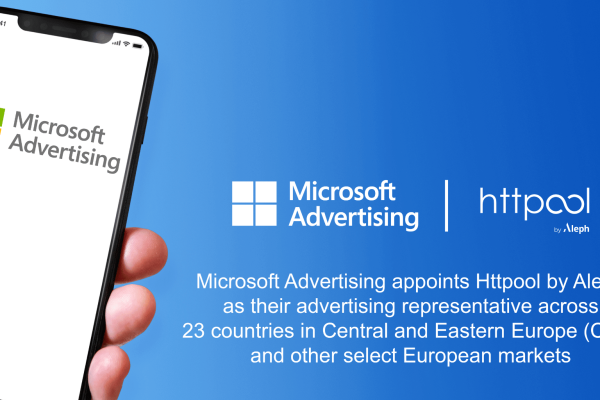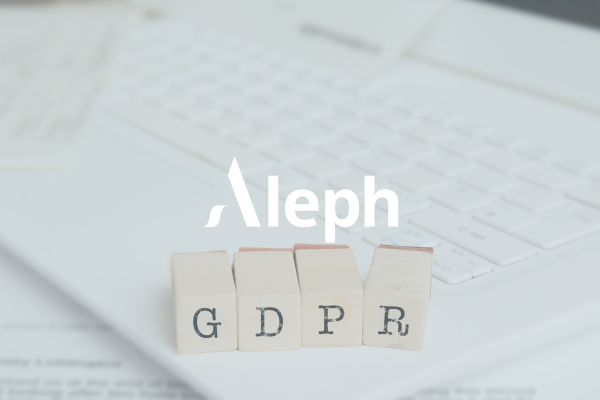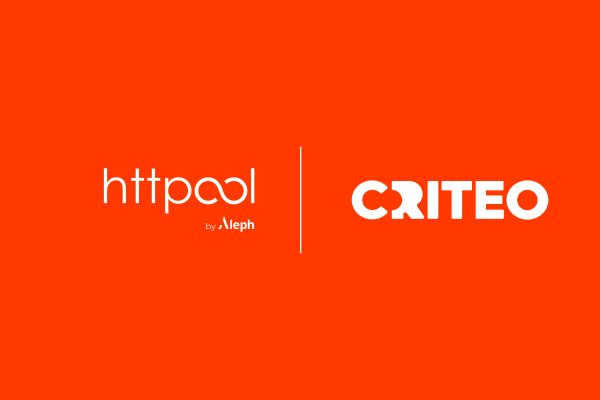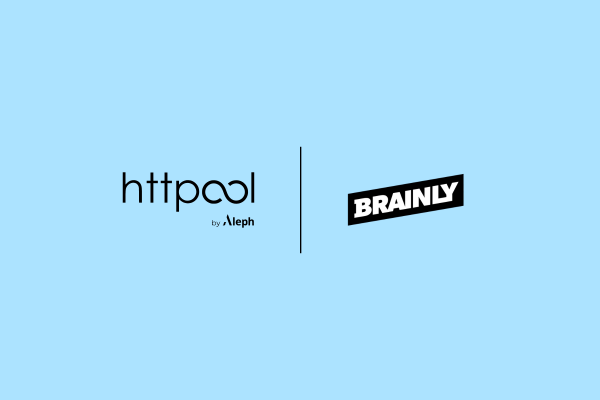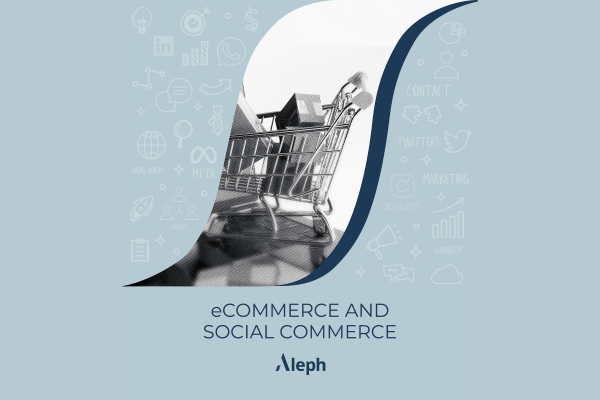
Brand awareness is the foundation of all marketing strategies, influencing the customers buying decisions and has significant impacts on the revenue stream. Henceforth, the most crucial aspect of building a brand’s recognition on the market is the adaptation of digital marketing channels. The benefits of social media advertising are limitless, especially if the brand aims to develop a sizable trademark. Local commercial implications can only be perceived by small audiences, thus the involvement of digital marketing is essential. Strong and reliable online marketing campaigns not only scale business reach, but also the customer base, and in turn sales revenue.
Today’s market is extremely competitive, both small businesses and medium enterprises, have to realise that social media, online presence, and marketing content is critical for return on investments (ROI) and business growth. The influence of social media platforms is beyond the limits of offline marketing. The use of digital marketing enables enterprises to captivate global audiences and escalate sales to a new level, and of course the reach to expansive demographics is critical for growing, and sustaining a successful business.
Approximately, more than half of the world’s population actively uses the internet, with the most popular websites, according to Google search data, being Facebook and YouTube. Social media, boasting an approximate 4.62 billion users, is not only changing the manner in which business occurs, but also now opening doors that were previously closed. This provides an unparalleled access to a massive audience, spanning across all demographics, and age groups, and thus a massive opportunity for both small and medium businesses to connect with customers, increase brand awareness, and increase lead generation. Digital marketing channels are indeed the key aspect of accomplishing worldwide recognition and increasing sales numbers.
The Importance of Social Media Marketing
There is no negating the necessity of digital marketing and the power of a strong online presence to enable brands to reach and maintain a vast consumer base. The most noteworthy characteristic of online advertising is the availability of data and access to analytics. Examining engagement, interactions, and trends is a critical part of building a successful advertising strategy. Social media data analytics provides a huge advantage to brands, enabling them to discover audiences preferences, and factors that may influence purchase decisions. Moreover, these insights allow for more personalised and relatable campaign planning.
Furthermore, let’s not forget about customer loyalty, another highly noteworthy benefit of social media marketing. It is of course great to reach a vast clientele, but the trick is how to hold on to them. A 2017 survey uncovered that around 66% of Gen Z and 60% of Millennials consumers favour shopping with brands that they follow on social media. The use of social media within marketing strategies is an opportunity to demonstrate to the public that you care about more than just purchases, allowing brands to define their voice, increase loyalty by association, whilst encouraging connections, and increased interactions with customers. Facebook is by far the most significant marketplace for companies to build a reputation and establish relationships with loyal customers. The reach of Facebook is considered to be limitless, however, many other channels also serve this purpose remarkably, with Twitter and Instagram similarly favourable choices for marketers to showcase products and influence users.
Ultimately, the objective for brands is to elevate sales, and social media advertising is a crucial instrument in this process. E-commerce has an influential market penetration in developed economies. As technological advancements persist, access to the internet also continues to rise across the globe, and so with it does the percentage of online shoppers. The UK ranks first in online shopping with 78%, followed by South Korea 74%, and in joint third position Germany and Sweden with 70%.
Organic marketing within social media platforms, as well as paid activities, deliver high returns on investments (ROI). According to 602 marketers around the world, the best single digital marketing channels for generating revenue are SEO (32%), content marketing (30%), and email marketing automation (30%). Interestingly, many participants of this survey have chosen the organic marketing aspect over paid marketing. However, the implication of both is equally required to compete in today’s market. Promotional advertisements, as well as sponsored posts, are crucial parts of successful campaigns.
Last but not least, customer service through social media mediums also helps brands to establish strong relationships with clientele. Companies have the ability to reach a vast audience with engaging content, aimed at captivating their attention. Notably, the most outstanding value of social media customer service is building public relations. Users can observe how brands respond to consumers, it is an exceptional opportunity for companies to showcase their support and authenticity.
Undisputedly, social media has a significant impact on brand awareness, sales, and customer loyalty – all of which form fundamental ingredients for a strong company recognition. It is clear from data and statistics that social media platforms are indeed an essential marketing tool for all brands. Incorporating the outlined key factors of online presence will not only strengthen a brand’s reputation, but also build the foundations for customer loyalty.
The Influence and Reach of Digital Marketing
The ascendancy of digital channels benefits brands in a variety of ways. Insightful data and analytics provided by social media open the door to lucrative opportunities for enterprises to develop upon. Understanding and catering to specific audiences is a crucial element of building marketing campaigns. Undisputedly, social media platforms have an enormous user base that constantly manifests their interests, hobbies, demands, and personal beliefs. The access to this information empowers brands and marketers, providing the ability to build an image of the consumer, thus creating relevant content, personalised experiences, influencing the purchase intent, and leading to increased sales and conversion rates.
Social media characteristics generate possibilities for improving marketing content. Depending on the campaign’s objective, brands should consider each social media platform as their support in the process. For example, Twitter is an app designed for debates and discussions, marketers can leverage the platform to assist in customer service, build an online reputation, and develop a brand voice or personality. Whereas, Facebook for example, works wonders for building a customer base and revealing new products. Furthermore, Facebook Ads are the most influential channel of paid marketing within the social media sector. According to Meta for business, the social media platform reaches 46% of men, and 54% of women, between the ages of 25 and 34.
Moreover, reports suggest that Facebook dominates online advertising with over 1.6 billion active daily users. It should come as no surprise that 93% of expert marketers therefore heavily utilise this platform in their commercial strategies. Due to this, Facebook represents unparalleled opportunities for development, growth, and reach. Advertisements on Facebook reach over 30% of the global audience pool, and a further 50% of new customers discover products via this platform.
The Costs of Advertising via Social Media
Small and medium enterprises shouldn’t focus on spending the majority of their marketing budget on TV spots, radio commercials, and billboards. They should instead consider paid activities and organic reach for their advertising campaigns. Digital marketing opens possibilities for small businesses to compete with large corporations. Additionally, even with a compact budget brands can raise awareness on social media, providing an advantage in the search for new customers. Furthermore, the reach of digital marketing campaigns are easily measurable and creditable in comparison to traditional marketing, which lacks such features. Small businesses can invest little in paid activities on social media to check their effectiveness. For a company with a limited budget, it should become part of crucial practice to verify the effectiveness of an advertising approach.
Online advertising is an extremely competitive area, especially within popular sectors such as apparel, vehicles, and aesthetic medicine. Cost-per-click (CPC) pricing is directly associated with the location and subject of an ad. For example, on average among all the industries, Google Ad charges $2.32 on search networks. In comparison, Facebook Ad average CPC is esteemed at $1.72. However, the similar concept that both Google and Facebook implicates is campaign cost management – advertisers can set the budget and time for running ads. It is an astonishing opportunity to use social media to the marketers’ advantage. The display of ads occurs only during the peak hours, thus maximising the potential reach of marketing campaigns. Budget management is immensely beneficial for businesses, with a simple interface marketers can decisively set allocation of an ad, the prices per click, or impression.
Concluding Advantages of Online Advertising for SME
In this ever growing competitive industry, it’s important to find an edge, and for small businesses it is time to discover a way to break through the market, and build strong, diverse customer bases. But, with the presented opportunities of digital marketing, this task seems manageable. The use of online channels encourage the generation of brand awareness, drive revenue, allow marketers to reach broader audiences, and are more cost-efficient. The inclusion of social media channels for marketing purposes further increases the realm of possibilities within the digital advertising world, the additional features and measurements provide mass advantage to those who utilise. The results of advertising campaigns are effortlessly measured, thus brands can see the impressions, and reach of the digital ads. This attribute is necessary for establishing the success of a strategy.
In today’s market, a strong online presence is considered essential for revenue growth. It is becoming clear that digital marketing is in fact likely the solution to the puzzling questions of audience reach and customer retention. Put this theory to the test! Use the benefits of social media wisely, research relevant digital marketing strategies, and start to implement them into your business today.

